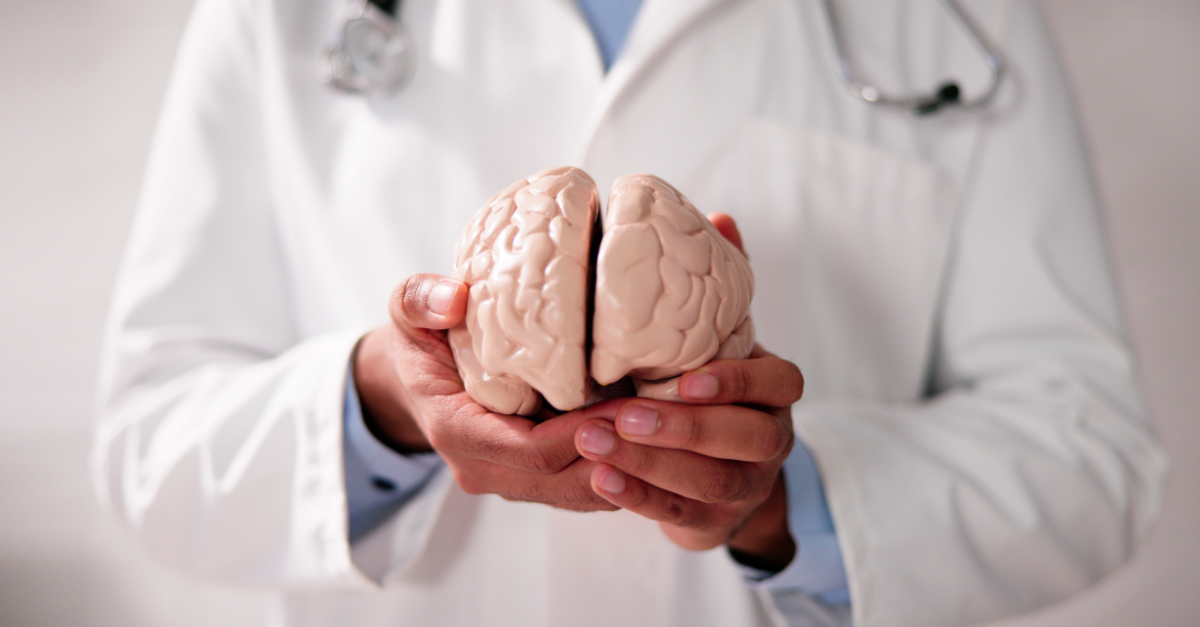The nervous system is a marvel of biological engineering, controlling every thought, movement, and sensation. Unfortunately, this intricate system is susceptible to various diseases that can disrupt life as we know it. In this blog, we’ll explore the top 10 neurological diseases, along with their symptoms, causes, and treatment options.
What Are the Top 10 Neurological Diseases?
Neurological diseases include conditions that damage the brain, spinal cord, and nerves. Here’s the list of the top 10 neurological diseases:
-
Alzheimer’s Disease
-
Parkinson’s Disease
-
Epilepsy
-
Stroke
-
Multiple Sclerosis
-
Migraines
-
Huntington’s Disease
-
Amyotrophic Lateral Sclerosis (ALS)
-
Bell’s Palsy
-
Cerebral Palsy
Each of these conditions impacts the lives of millions, causing challenges ranging from physical limitations to cognitive decline.
5 Diseases Associated with the Nervous System
Some notable diseases associated with the nervous system include:
-
Parkinson’s Disease: Loss of movement control.
-
Alzheimer’s Disease: Degeneration of memory and cognition.
-
Multiple Sclerosis: Autoimmune damage to nerve coatings.
-
Epilepsy: Recurrent seizures due to electrical brain disturbances.
-
ALS: Muscle weakness due to nerve cell death.
Symptoms of Neurological Disorders
Common neurological disorders symptoms include:
-
Trouble concentrating or memory lapses (Alzheimer’s Disease).
-
Uncontrolled tremors or rigidity (Parkinson’s Disease).
-
Persistent headaches or sensitivity to light (Migraines).
-
Loss of motor function or coordination issues (Stroke).
Causes of Neurological Disorders
Neurological disorders can stem from:
-
Genetic mutations (e.g., Huntington’s Disease).
-
Brain injuries or infections (e.g., meningitis).
-
Aging and cellular degeneration (Alzheimer’s or Parkinson’s).
-
Immune system dysfunction (Multiple Sclerosis).
Understanding these causes aids prevention and treatment.
Neurological Disorders Impact on Daily Life
Living with neurological disorders can be challenging:
-
Physical Challenges: Mobility issues due to paralysis or tremors.
-
Emotional Stress: Anxiety and depression often accompany neurological diseases.
-
Cognitive Difficulties: Memory loss or confusion impacts independence.
Neurological Disorders Treatment Options
Advancements in medical science provide hope:
-
Medications: Anti-seizure drugs, neuroprotectants, or symptom management drugs.
-
Therapies: Occupational therapy to regain motor skills.
-
Psychological Support: Mindfulness techniques to manage stress.
In conclusion, understanding the symptoms, causes, and top neurological diseases equips us for better care and management. Timely diagnosis and appropriate treatment are key to improving the life of those affected.


